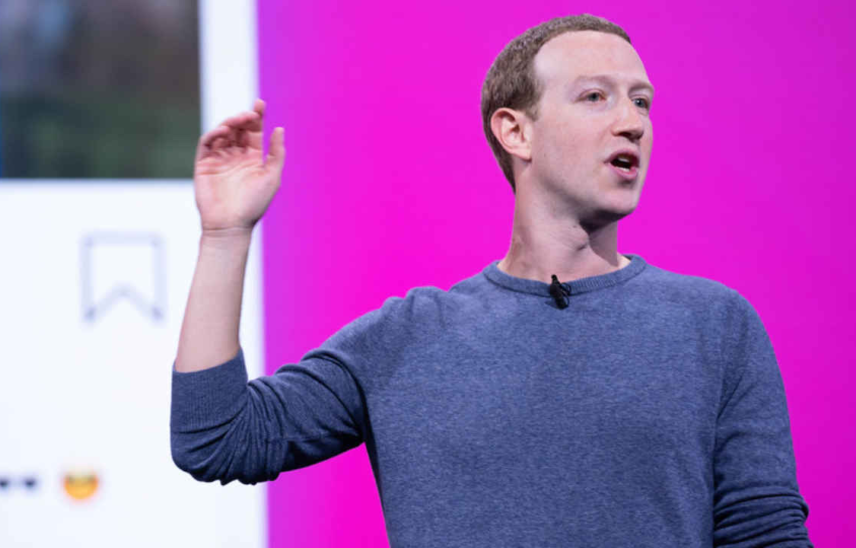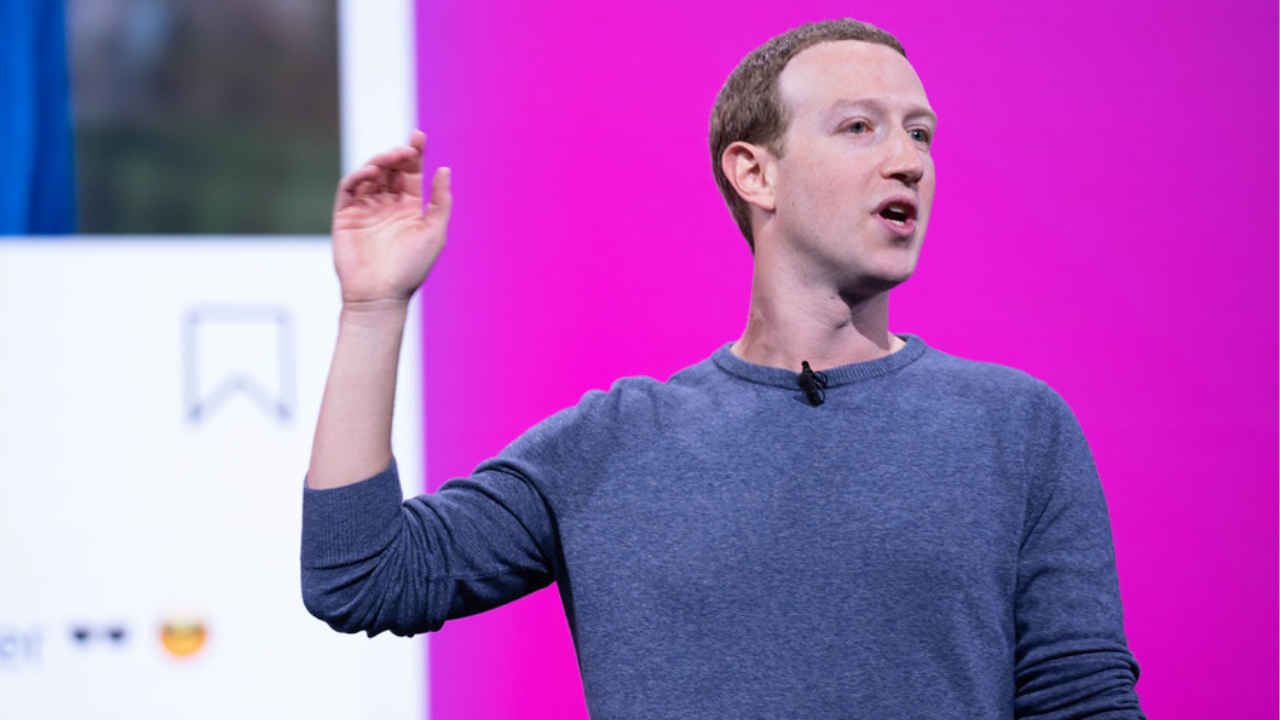
- Home
- Managed Services
- Cyber Security
- Blog
- About Us

We 365 Admin Support, just simplify your IT problems
Call for a free support. +91 96666 59505Platform Partnership
- Who We Help
- Shop
- Contact
- News






KEY HIGHLIGHTS
Table of Contents
ToggleRecently, Meta’s CEO Mark Zuckerberg found himself at the center of a significant trial in Washington. During this high-profile case, the United States Federal Trade Commission (FTC) is making a strong push to dismantle Meta’s ownership of Instagram and WhatsApp, asserting that the acquisition of these platforms was a strategic move to stifle competition and solidify Meta’s monopoly in the social media landscape.
Zuckerberg’s testimony shed light on the intricacies behind some of the largest tech mergers and acquisitions and offered insights into Meta’s perspective on competition. Below are five pivotal takeaways from his testimony.
Back in 2018, amid mounting pressure from antitrust officials, Zuckerberg entertained the idea of spinning Instagram off into its own independent entity. A document presented during the trial revealed his thoughts on the subject, where he stated, “I wonder if we should consider the extreme step of spinning Instagram out as a separate company.” He reflected, “While most corporations resist breakups, historical corporate patterns indicate that many companies perform more effectively after such separations.”
For additional reading, check out: Zuckerberg’s Unconventional Ideas: From Acquiring Snapchat to Wiping Friends Lists
The FTC highlighted earlier communications showcasing Zuckerberg’s concerns regarding Instagram’s potential emergence as a competitor. However, in court, he framed it differently, asserting, “We were conducting a build vs. buy assessment” while brainstorming a camera application. He noted that Instagram excelled in that space and deemed it more prudent to acquire them, stating that Instagram’s camera functionality was superior to Meta’s existing offerings, as reported by Reuters.
Another essential facet of Meta’s defense hinges on the assertion that the social media environment has undergone significant transformation since acquiring Instagram and WhatsApp. Zuckerberg mentioned that users are increasingly engaging with content driven by interests rather than solely connections with friends and family. His testimony revealed that currently, only about 20% of content on Facebook and a mere 10% on Instagram is derived from friends.
The FTC argues that Meta’s monopoly position has allowed the inundation of ads on Instagram. Zuckerberg defended the platform’s advertising strategy, explaining that Meta’s algorithm serves ads to users who are deemed likely to appreciate them. “We’ve talked about this on various occasions, but I don’t believe we have fully implemented it,” he stated defensively.
Zuckerberg acknowledged that Meta was sluggish in its response to the rapid ascent of TikTok, recognizing it as “the highest competitive threat” to both Instagram and Facebook. However, during the proceedings, the FTC did not identify TikTok or YouTube as direct competitors in the context of this case.
In conclusion, Zuckerberg’s testimony provides a fascinating glimpse into the strategic dynamics that have shaped Meta’s growth and competitive landscape. The proceedings continue to unravel the complexities of tech ownership and market competition while raising vital questions about the future of social media giants.